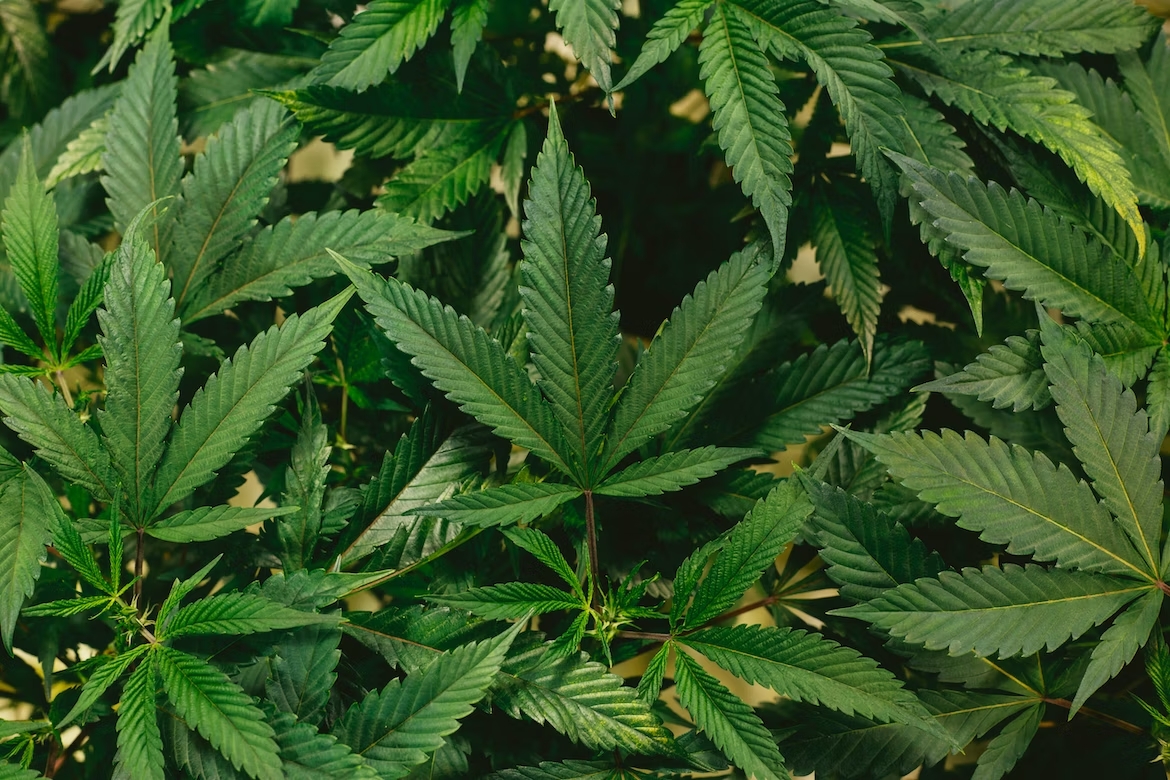Department of Health Secretary Teodoro "Ted" Herbosa expressed approval for the legalization of medical marijuana use but not for its cultivation and manufacturing in the country.

"I’m for the legalization of medical use of marijuana, but I’m not in favor of cultivating marijuana plants for farming and manufacturing kasi ‘pag ganoon, wala pa tayong checks and balance (because then we do not have checks and balance)," he said in a media forum on Sunday, Aug. 7.
"Hindi ko mako-confirm na dito tayo magma-manufacture kasi mapo-promote ‘yung pag-plant. The reason for that is lahat ng gamot magiging imported. ‘Pag imported pa rin siya, madali mo siyang makontrol kasi ibig sabihin noon, medical marijuana would still be regulated (I cannot confirm that we will manufacture here because the planting will be promoted. The reason for that is all drugs will be imported. If it is still imported, you can easily control it because that means medical marijuana would still be regulated)," Herbosa added.
If medical cannabis were to be legalized, it could be used by patients suffering from cancer, glaucoma, seizure disorders, and more, he stated.
The health chief also reiterated that medical marijuana is already accessible, but only for patients who have been granted a "special permit" by the Food and Drug Administration.
Legalizing the use of medical marijuana
Senior Deputy Speaker and Pampanga 2nd District Rep. Gloria Macapagal-Arroyo, along with Davao del Norte 1st District Rep. Pantaleon Alvarez, endorsed the legalization of marijuana for health purposes last May through House Bill (HB) 7817, also known as the "Philippine Compassionate Medical Cannabis Act."
READ: Arroyo joins fellow ex-House Speaker in bid to legalize medical marijuana
This was a re-filing of HB 6517, which reached the second reading phase in the 18th Congress but failed to make it to the House plenary.
"The use of cannabis for medical purposes is provided for by both existing international and national law," she said.
"It is the intention of this bill to have a harmonious partnership between the physician and a patient where no one is above the other," Arroyo added.
The official also mentioned that the use of said medicine can be traced back 2,500 to 10,000 years "in traditional Chinese and Indian medicine."